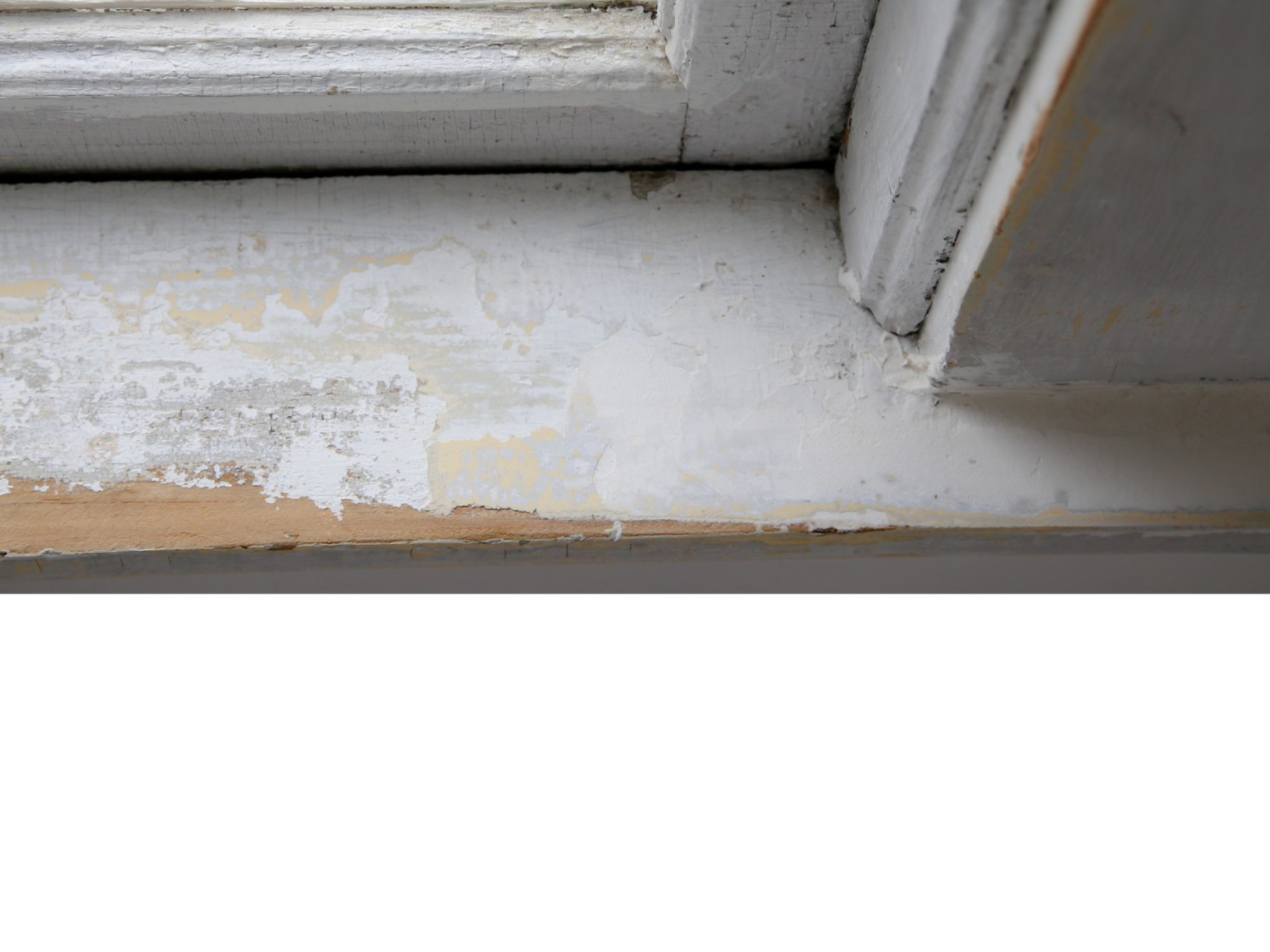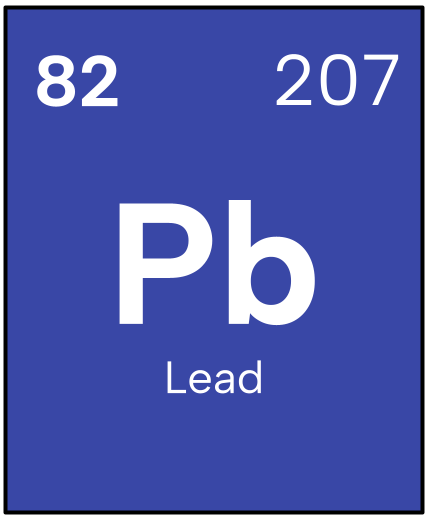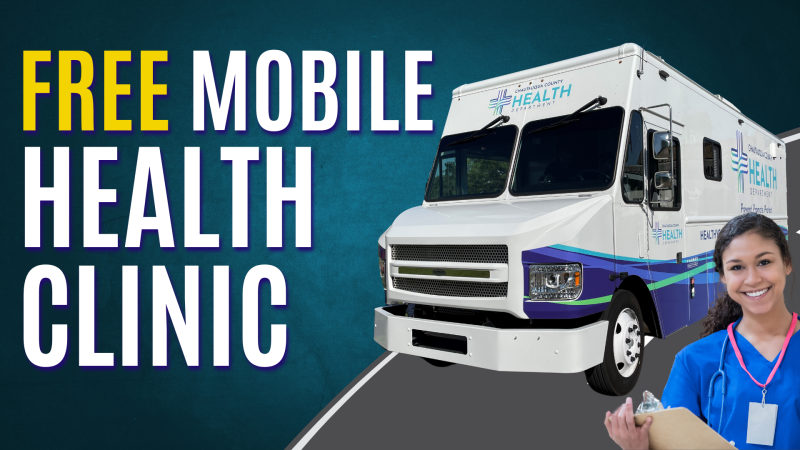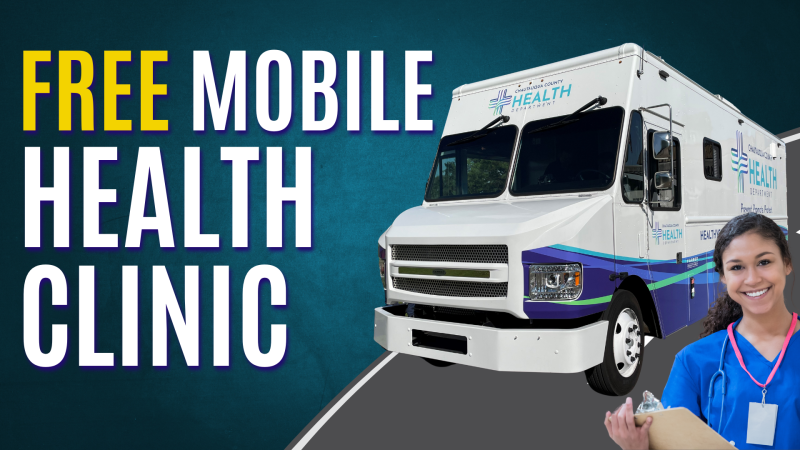Dangers of Lead
Lead poisoning is very dangerous. Lead poisoning can cause PERMANENT learning and behavior problems, but it is PREVENTABLE. It is important that we PROTECT the children in our community from lead poisoning.
Lead is a metal that was once used in paint. It was banned in the United States in 1978 due to the negative health impacts it causes. If your home was built before 1978, it may have lead paint. Lead paint becomes dangerous when it chips or wears down and creates lead dust.
According to the US Census American Community Survey 5-year Estimates, 13,549 (94%) of all housing units in the City of Jamestown were built prior to 1980. 8253 units (57%) were built before 1940. The EPA states that there is an 87% chance that homes built before 1940 contain lead paint.
Learn more about sources of lead (EPA Website):
Is your home/rental property built before 1980? Learn more about our proactive inspection program!
Schedule a Prevention Inspection
Did you know?

Risk to Children
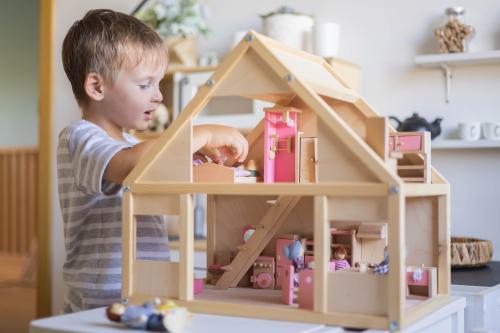 Children are most vulnerable to lead poisoning, especially if they are under 6 years old. Since their bodies are still growing, they absorb more lead than adults. Because their brains and nervous systems are still developing, children are more sensitive to the long-lasting health impacts of lead poisoning.
Children are most vulnerable to lead poisoning, especially if they are under 6 years old. Since their bodies are still growing, they absorb more lead than adults. Because their brains and nervous systems are still developing, children are more sensitive to the long-lasting health impacts of lead poisoning.
The most common source of childhood lead poisoning is lead based paint in houses built before 1980. When it is not maintained, old paint chips, peels, and becomes lead dust. Lead dust can easily transfer to horizontal surfaces in the home and children’s toys, which can then get into childrens’ hands and mouths.
There is no safe level of lead. Lead exposure may cause severe mental and physical damage to a child’s development, which can often be permanent.
Lead exposure can cause:
- Damage to the brain and nervous system
- Slowed growth and development
- Learning and behavior problems
- Hearing and speech problems
The only way to know if your child has an elevated lead level is by getting them tested. Children are required to be tested at 1 and 2 years old, but they should also be tested anytime you might believe they have been exposed to lead.
More info on prevention, detection, and blood lead level testing How to Keep a Healthy Home
Do you know where lead is hiding?
Did you know?

Risk in Pregnancy
Lead exposure during pregnancy is concerning, as it can result in exposure to the developing baby and cause them to be lead poisoned. When exposed, lead can accumulate in our bones over time. Lead that has accumulated in an adult’s bones can be released during pregnancy, which can expose a developing fetus or breastfeeding infant. This can result in adverse health impacts to the child, including:
- Cause the baby to be born too early or too small;
- Hurt the baby’s brain, kidney’s, and nervous system;
- Increase the likelihood of learning or behavioral problems; and
- Put the mother at risk for miscarriage.
Learn More! Tips to Protect New Baby from Lead
Are You Pregnant? How to Protect Yourself and Your Child
NYS Lead Recommendations for Pregnant People
Did you know?

Risk to Adults
Adults can be exposed to lead by consuming lead contaminated products, breathing in lead dust, and during renovations and repairs that may be disturbing lead paint. While adults are are of lower risk than young children and pregnant women, Adults can still experience harmful effects, including:
- Cardiovascular effects, increased blood pressure and incidence of hypertension;
- Decreased kidney function; and
- Reproductive problems (in both men and women).
Working with Lead
Adult lead exposure usually occurs when someone works in an environment in which they are exposed to lead. If someone in your household works with lead dust, have them change clothes when they get home. Keep work shoes outside and wash all work clothes separately from the rest of the family laundry.
If someone in your household works with lead dust, have them change clothes when they get home. Keep work shoes outside and wash all work clothes separately from the rest of the family laundry.
More about Occupational Lead Hazards
If you are an adult who participates in the renovation, repair, remodeling, or painting of residential or commercial buildings, navigate to the link below for free training opportunities to become certified in Lead Safe Work Practices.
Protect Yourself from Lead on the Job
Quick Links
Are my water service lines lead? FAQs: Lead in tap water and household plumbing
Preguntas frecuentes de los padres: Plomo en el agua del grifo y en las tuberias de los hogares
Back to Lead Prevention Homepage

